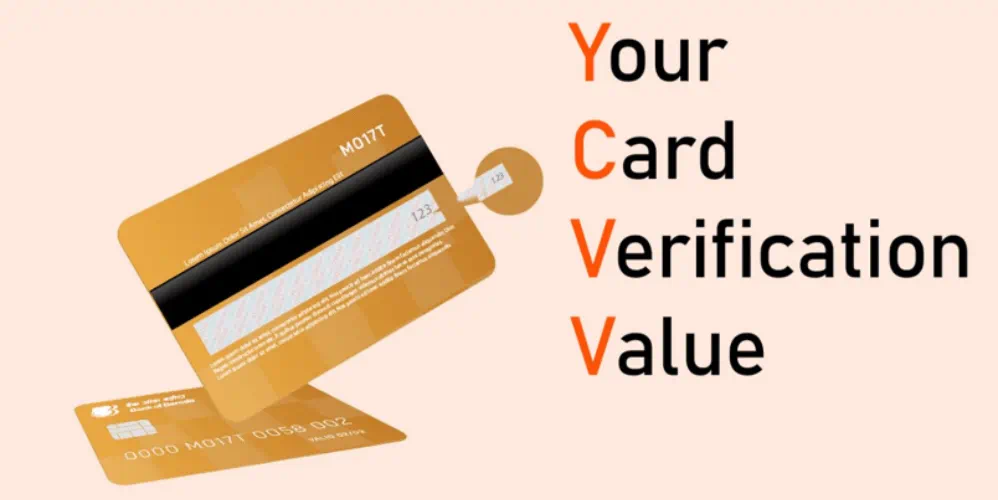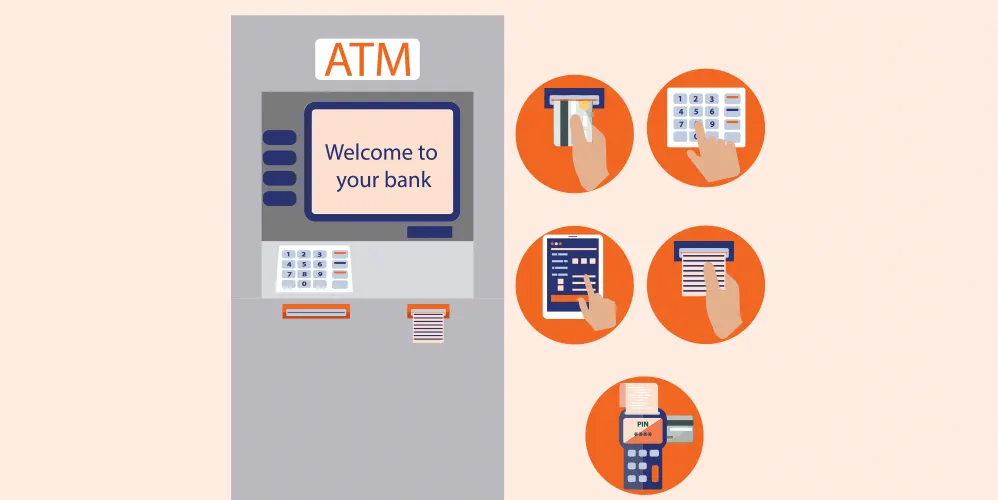
आरडी बनाम एफडी - आवर्ती जमा और सावधि जमा के बीच अंतर
21 मार्च 2023

Table of Content
Today, maintaining a bank account has become a norm. You need to provide your bank account number on various occasions; like receiving the salary from employer or subsidy from the government under a scheme. And most people open either fixed deposits or recurring deposits.
There are several reasons why people confuse a recurring deposit and a fixed deposit . Their similar features and benefits like steady returns, safety of capital, and popularity as saving vehicles leave people confused and some of them are left asking, “What’s the difference?” between a recurring deposit and a fixed deposit.
Granted, both are great fixed income products, but here are a few major differences between the two that are worth knowing about, to make better informed choices between them-
Major Differences Between: Recurring Deposit V/s Fixed Deposit:
Following are the differences between recurring deposits and fixed deposits:
| Parameters | Recurring Deposit Account | Fixed Deposit |
|---|---|---|
| Meaning | RD is where investors invest a fixed amount each month in the RD account. | FD is where the investors make a one-time investment in an FD for a fixed tenure. |
| Eligibility | Investor: Individual (including minors) and non-individual investors Minimum Age: 10 years | Investor: Individual (including minors) and non-individual investors Minimum Age: 10 years |
| Types |
|
|
| Benefits |
|
|
| Way of Investing | Periodical (like SIP) | Lumpsum |
| Tax Benefits | Tax deduction allowed under Section 80C | Tax deduction allowed under Section 80C |
| Documents Required |
|
|
| Maturity | Depends upon the tenure selected by the investor. The minimum maturity period is 6 months for most banks. | Depends upon the tenure selected by the investor. The minimum maturity period starts at 7 days. |
| Withdrawal | Withdrawal can be done after the tenure expires. Premature withdrawal can attract penal charges. | Withdrawal can be done after the tenure expires. Premature withdrawal can attract penal charges. |
| Investment Limit | The minimum investment starts from Rs. 50 to Rs 100 but can vary amongst different banks. | The minimum investment starts from Rs. 1000 but can vary amongst different banks. |
| Tenure | At the discretion of the investor | At the discretion of the investor |
| Ideally Suited For | Risk-averse investors who want to invest small amounts periodically. | Risk-averse investors who want to invest a lump sum amount. |
Also Read - Features and Benefits of Investing in Recurring Deposit
What Should You Choose RD or FD?
When it comes to choosing between FD and RD, the above differences can be of great help. RD allows the investors to systematically save small amounts each month whereas FD requires the investor to invest a lumpsum amount at once. Ultimately, whether to invest in FD or RD depends upon the investor’s goals and preferences.
Popular Articles
Related Articles



What is CVV on a Debit Card? Understanding Its Importance and Security Features


How to Update Your FASTag KYC: Step-by-Step Guide for Online & Offline Methods




The Importance of Pension Funds: Secure Your Future with Steady Retirement Income

-
डिस्क्लेमर
इस लेख/इन्फोग्राफिक/चित्र/वीडियो की सामग्री का उद्देश्य केवल सूचना से है और जरूरी नहीं कि यह बैंक ऑफ बड़ौदा के विचारों को प्रतिबिंबित करे। सामग्री प्रकृति में सामान्य हैं और यह केवल सूचना मात्र है। यह आपकी विशेष परिस्थितियों में विशिष्ट सलाह का विकल्प नहीं होगा । बैंक ऑफ बड़ौदा और/या इसके सहयोगी और इसकी सहायक कंपनियां सटीकता के संबंध में कोई प्रतिनिधित्व नहीं करती हैं; यहां निहित या अन्यथा प्रदान की गई किसी भी जानकारी की पूर्णता या विश्वसनीयता और इसके द्वारा उसी के संबंध में किसी भी दायित्व को अस्वीकार करें। जानकारी अद्यतन, पूर्णता, संशोधन, सत्यापन और संशोधन के अधीन है और यह भौतिक रूप से बदल सकती है। इसकी सूचना किसी भी क्षेत्राधिकार में किसी भी व्यक्ति द्वारा वितरण या उपयोग के लिए अभिप्रेत नहीं है, जहां ऐसा वितरण या उपयोग कानून या विनियमन के विपरीत होगा या बैंक ऑफ बड़ौदा या उसके सहयोगियों को किसी भी लाइसेंसिंग या पंजीकरण आवश्यकताओं के अधीन करेगा । उल्लिखित सामग्री और सूचना के आधार पर किसी भी वित्तीय निर्णय लेने के लिए पाठक द्वारा किए गए किसी भी प्रत्यक्ष/अप्रत्यक्ष नुकसान या देयता के लिए बैंक ऑफ बड़ौदा जिम्मेदार नहीं होगा । कोई भी वित्तीय निर्णय लेने से पहले अपने वित्तीय सलाहकार से सलाह जरूर लें।
आवर्ती जमा की संपूर्ण गाइड
आवर्ती जमा (आरडी) भारत में एक सामान्य वित्तीय साधन है क्योंकि यह कम जोखिम वाला है और नियमित रूप से भुगतान किए जाने की गारंटी वाले मध्यम प्रकृति का लाभ प्रदान करता है। निवेश की मात्रा और अवधि के लिए ग्राहक विकल्प होना इसकी कई वांछनीय विशेषताओं में से हैं।
आवर्ती जमा ब्याज दर की गणना कैसे करें?
आवर्ती जमा, सबसे बेहतरीन तरीकों में से एक है जिसमें कोई छोटा निवेशक भी धन का निवेश कर इसमें बढ़ौतरी कर सकता है। आवर्ती जमा में, किसी निश्चित अवधि तक एक निश्चित राशि का निवेश किया जाता है। यह किस्तें एक ही साथ परिपक्व होती हैं। अनिवार्य रूप से, आवर्ती जमा कई सावधि जमा निवेशों की तरह है, जिनमें सभी एक ही दिन परिपक्व होते हैं।

